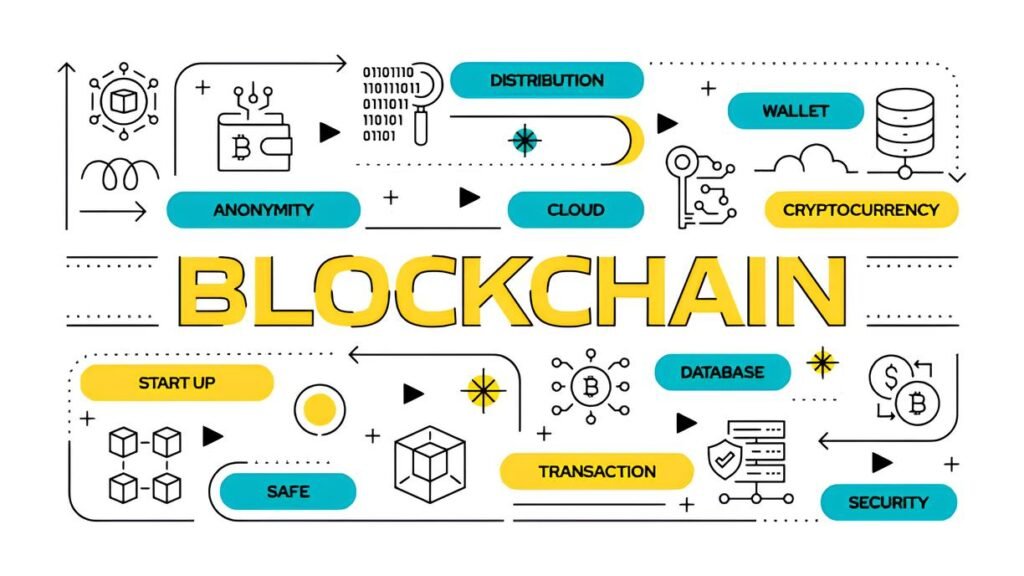Imagine signing up for a darknet privacy workshop promising airtight anonymity, hands-on knowledge, and cutting-edge security tactics—only to find out it’s a carefully crafted trap. You’re not alone. In the shadowy world of darknet education, where privacy is both a necessity and a treasure, fake workshops lurk in wait, preying on those desperate to learn, protect themselves, or simply understand a complex ecosystem. But how do you separate the real mentors from the imposters? What subtle signs betray a fake darknet privacy workshop?
In This Article
Why Fake Darknet Workshops Are Flourishing
The darknet’s allure is a double-edged sword. On one hand, it attracts privacy-conscious individuals seeking knowledge. On the other, it invites scammers and operators of government honeypots disguised as “secure” educational spaces. The rise of digital surveillance, mass data breaches, and geopolitical crackdowns has made privacy workshops appealing—yet also lucrative targets for deception.
Many genuine workshops require technical experience, trust, and patience. This leaves a gap that unscrupulous actors exploit by offering flashy, easy-to-join “masterclasses” that promise foolproof skills overnight. Unfortunately, these fake workshops pose risks that go far beyond wasting your time:
- Identity compromisation through data collection
- Exposure to malware and phishing attacks masked as teaching modules
- Recruitment for nefarious activities or law enforcement stings
In a space where skepticism is survival, learning to identify these scams isn’t optional—it’s a core skill.
Red Flags to Watch For
When evaluating any darknet privacy workshop, certain warning signs are there if you know where to look. Here are vital red flags that should trigger caution immediately.
1. Promises That Sound Too Good to Be True
If a workshop claims “complete anonymity guaranteed,” or “untraceable hacking techniques taught in minutes,” it’s a major warning. True darknet privacy is nuanced and often limited by practical constraints. Overpromising levels of security or skill without risk awareness is a classic scam method.
2. Unverified or No Background Information on Instructors
Legitimate trainers usually have an identifiable digital footprint—GitHub profiles, credible darknet forum reputations, or references from privacy communities. Beware of anonymous instructors with generic usernames or unverifiable credentials.
3. Lack of Clear Communication Channels or Support
Real workshops provide secure, private communication pathways such as encrypted chat (e.g., Signal, Session), verified PGP keys, or monitored forum dashboards. Fake workshops often rely on generic email addresses, public chat rooms, or poorly monitored messaging apps vulnerable to infiltration.
4. Requests for Excessive Upfront Payments or Personal Data
While some trusted workshops might charge fees, be suspicious if they demand large sums before offering any verified content or ask for sensitive personal data like scans of ID cards, phone numbers, or crypto addresses without clear privacy policies.
5. Poor Operational Security Practices in the Workshop
Fake workshops often fail to use common darknet security tools themselves—such as Tor hidden services, clearnet leaks during sessions, or lack of enforced TAILS/Whonix usage. Attending a workshop where trainers are sloppy about basic OPSEC is a red flag.
Never share your real identity, detailed metadata, or raw wallet keys during any stage of a darknet privacy workshop, especially if it lacks transparency or independent reviews.
6. Negative or No Independent Reviews
It’s rare for real darknet workshops to have glowing public reviews given their privacy focus, but some form of independent third-party endorsement or positive peer discussion in recognized privacy communities usually exists. A complete absence of feedback is suspicious.
7. Overreliance on YouTube or Public Social Media for Privacy Training
While some tutorial videos are useful, paying for a workshop that heavily depends on repackaging public information with little original insight or interaction can be a sign of a low-quality or deceptive offering.
How to Verify a Workshop’s Authenticity
Once you spot red flags, the next step is due diligence. These verification steps can shield you against impersonators and honeypots.
Check for Consistent Identities Across Forums
Most darknet workshop organizers maintain pseudonymous profiles across multiple platforms. Verify usernames, PGP fingerprints, or verified account badges on trusted darknet forums or encrypted framework networks. Consistency increases trustworthiness.
Ask for a Non-Custodial Proof of Expertise
A reputable privacy trainer will be willing to provide cryptographically signed documents or live demonstrations of setup methodologies without revealing personal info. This avoids blind trust and allows you to assess skills beforehand.
Look for Linked Reputable Communities or Mentions
The best darknet privacy workshops aren’t isolated. They tend to be referenced within respected communities focused on darknet OPSEC and anonymity. Forums like those linked in our guide on respectful darknet engagement can be a good place to ask for recommendations or warnings.
Test Their Operational Security Beforehand
Trust but verify. Join any free session or preview without downloading executables or sharing sensitive info. A quick look for leaks, suspicious URLs, or forced user behaviors (e.g., not using Tor) is critical. Tools like those mentioned in security checklists for darknet beginners help build your own evaluation criteria.
Use Only Known and Trusted Payment Methods
If payment is required, opt for privacy-preserving cryptocurrency methods that you control through anonymized wallets. Avoid sending funds through services that collect KYC or your metadata—even if the workshop claims to be private.
Before committing, search for mentions of the workshop’s onion URL or brand on darknet forums, reputation trackers, or leak databases to catch early warning signs of scams.
Safe Alternatives and Trusted Resources
If you want the essentials without risking fake workshops, several trusted sources offer vetted privacy information for darknet use:
- Open-Source Privacy Tools with community-backed documentation (e.g., Tor Project official resources)
- Privacy-Focused Linux Distros like Tails or Whonix, which come with integrated darknet-ready environments
- Reputable Privacy Blogs and Forums where users share firsthand experience and review tools (including our VPN evaluations specifically chosen for Tor in 2025)
- Encryption and OpSec Courses provided by established privacy nonprofits or privacy advocacy groups
Although less glamorous, these resources are often safer and more effective than high-cost “workshops.” They give you time-tested fundamentals and free access to community support—vital for anyone navigating complex darknet topics.
Frequently Asked Questions
Q: Can I trust darknet privacy workshops advertised on social media?
A: Be extremely cautious. Many such adverts are bait for scams or honeypots. Always verify through independent privacy communities.
Q: What indicators suggest a darknet privacy workshop might be a government sting?
Look for pressure tactics to share personal info, inconsistent instructor stories, abrupt cancellations, or requests for illegal action participation.
Q: How can I safely practice the skills learned from a darknet workshop?
Use dedicated, sandboxed environments such as a Tails USB live system or Qubes OS virtual machines to minimize risks during learning.
The darknet may feel like a labyrinth where every turn holds secrets—and sometimes traps. Recognizing fake privacy workshops takes attention, patience, and a healthy dose of skepticism. When privacy truly matters, it’s better to invest time verifying than risk exposure to those who disguise harm as help. As your knowledge grows, so does your power to stay safe and anonymous without falling victim to the false promises that flourish in the shadows.


